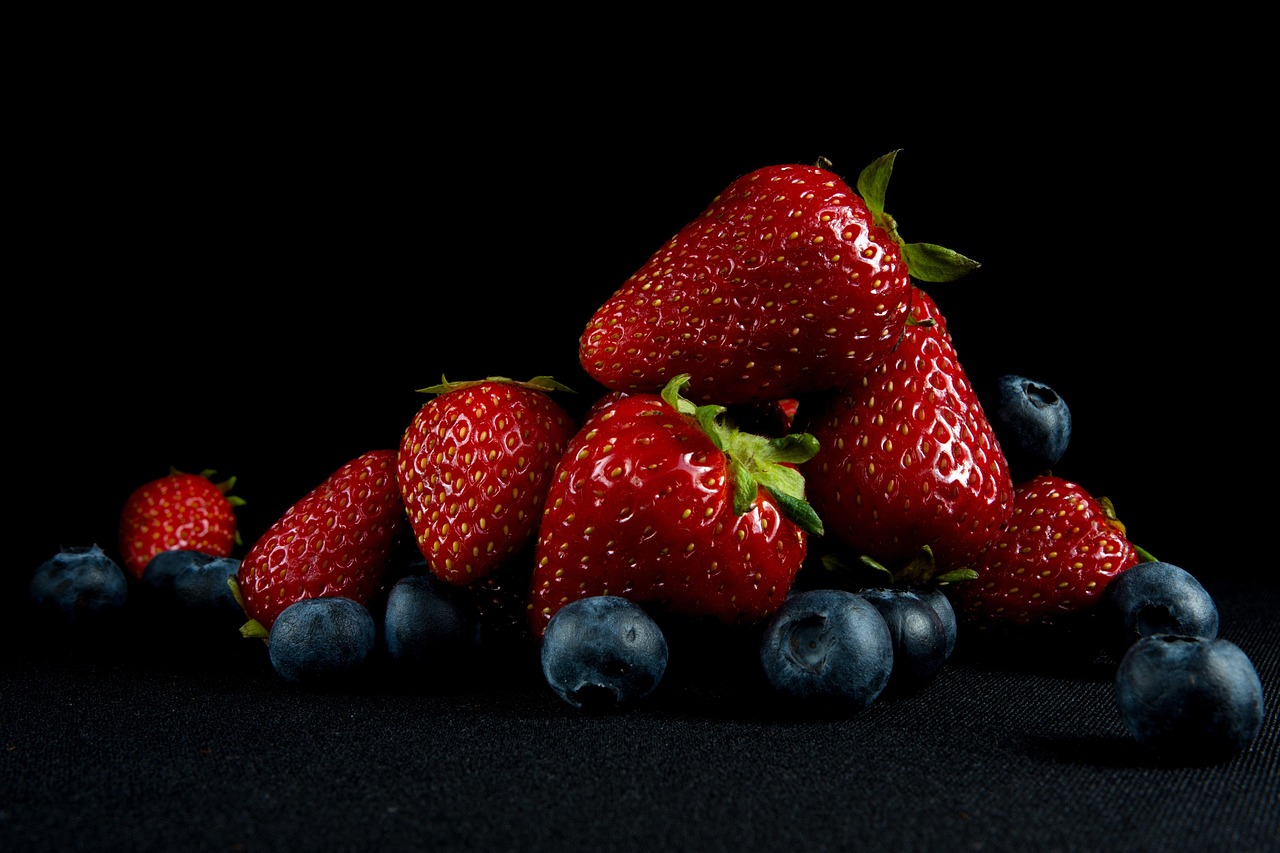“`html
As the realm of sports continues to evolve, so does our understanding of how nutrition impacts athletic performance. Athletes, from amateur to elite levels, are increasingly recognizing the importance of fueling their bodies with the right nutrients. Sports nutrition plays a crucial role not just in enhancing performance but also in recovery and overall health. In this blog post, we delve deep into the essentials of sports nutrition, offering insights, tips, and strategies to help you optimize your diet for maximum performance.
Understanding Sports Nutrition
Sports nutrition encompasses the dietary needs and requirements for athletes before, during, and after exercise. It aims to provide the energy needed for training and competition while promoting recovery and preventing injuries.
The Role of Macronutrients
Macronutrients are the building blocks of sports nutrition. They include:
- Carbohydrates – The primary source of energy, crucial for endurance and high-intensity activities.
- Proteins – Essential for muscle repair and growth; vital after workouts.
- Fats – Important for long-duration activities and overall health.
Micronutrients Matter Too
While macronutrients receive a lot of attention, micronutrients — vitamins and minerals — are equally important for an athlete’s health and performance.
- Iron: Essential for oxygen transport in the blood.
- Calcium: Important for bone health.
- Vitamin D: Aids in calcium absorption and muscle function.
Pre-Workout Nutrition: Fueling for Success
What you eat before a workout can significantly influence your performance. The key is to focus on foods that provide sustained energy without causing discomfort.
Timing Your Meals
- Consume a substantial meal 3-4 hours before exercise.
- Have a smaller snack or drink 30-60 minutes before the workout.
Ideal Pre-Workout Foods
Choose complex carbohydrates, proteins, and a small amount of fat. Examples include:
- Whole grain toast with peanut butter and banana.
- Greek yogurt with honey and berries.
- Oatmeal topped with nuts and fruits.
During Exercise: Staying Hydrated and Energized
Hydration and energy maintenance are critical during extended physical activity.
The Importance of Hydration
- Drink water consistently before you feel thirsty.
- For events lasting over an hour, consider electrolyte drinks.
Quick Energy Sources
During intense workouts, opt for easy-to-digest energy sources such as:
- Sports gels or chews.
- Bananas or dried fruit.
- Hydration tablets mixed in water.
Post-Workout Nutrition: The Body’s Rebuilder
Recovery is just as vital as the workout itself; hence, post-exercise nutrition can make or break your results.
Timing is Key
Consume a recovery meal within 30 to 60 minutes post-exercise to maximize muscle repair and glycogen replenishment.
What to Include in Recovery Meals
A balanced recovery meal should include:
- Carbohydrates: For replenishing glycogen stores.
- Proteins: For muscle repair and growth.
- Healthy Fats: For overall health and inflammation reduction.
Good examples are a smoothie with protein powder, fruits, and spinach or a chicken salad with quinoa and avocado.
Creating a Customized Sports Nutrition Plan
Every athlete is unique; therefore, a personalized nutrition strategy is essential for optimal performance.
Assess Your Needs
- Identify your goals (e.g., weight loss, muscle gain, endurance).
- Consider your sport’s specific demands (e.g., energy, duration, intensity).
Tracking and Adjusting Your Diet
Use food diaries or apps to keep track of your intake and performance. This helps identify patterns and areas for improvement.
Regularly adjust your plan based on your training loads and body response.
Conclusion
Sports nutrition is a foundation for sports performance, recovery, and overall well-being. By understanding the importance of macronutrients and micronutrients, timing meals properly, and tailoring your nutrition to your specific needs, you can enhance your performance and achieve your athletic goals. Remember, optimal nutrition is not a one-size-fits-all approach. Experiment with different foods and strategies, track your progress, and make adjustments as needed. Ultimately, the journey towards peak performance starts with what you put on your plate.
“`



